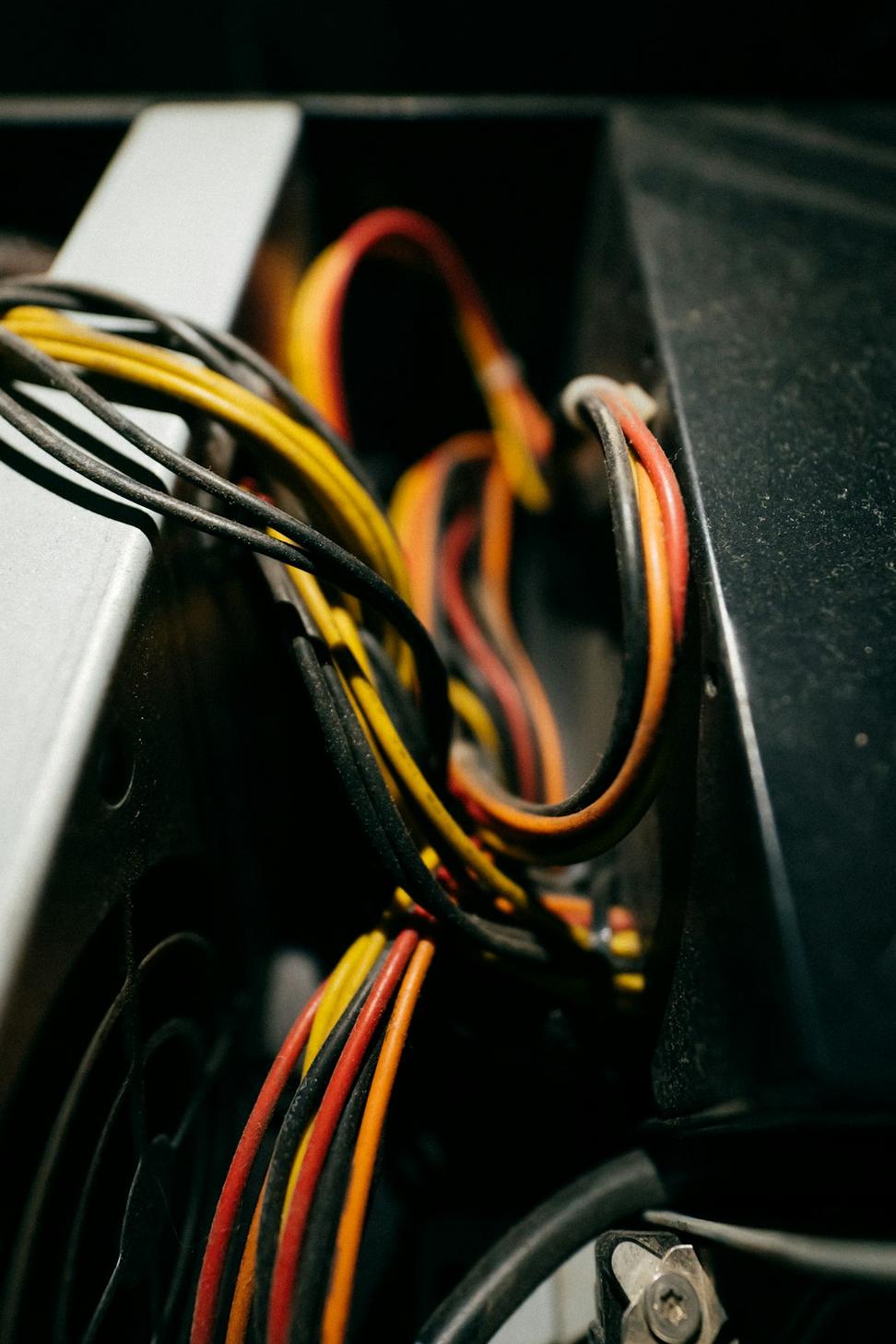Interactive Troubleshooting Guide
Here's how we typically narrow things down when you're dealing with common issues. Keep in mind, this is simplified - actual diagnostics involve way more data points.

Our Diagnostic Tools
We're running factory-level scan tools for most major EV and hybrid brands, plus some specialized equipment for battery testing that most shops don't have. It's not cheap gear, but it lets us see what's actually happening inside your vehicle's systems.
Diagnostic Guarantee
If we can't figure out what's wrong with your EV or hybrid, you don't pay for the diagnostic. Simple as that. We've only had to eat the cost a handful of times in five years, but it keeps us honest.
- Comprehensive written report
- Photos of problem areas
- No-pressure repair quotes
When to Get Diagnostics
- Check engine light or warning symbols pop up
- Noticeable drop in range (more than 10-15%)
- Weird noises from motor or charging system
- Charging slower than usual
- Loss of power or acceleration
- Before warranty expires (catch stuff early!)
- After any collision, even minor ones
